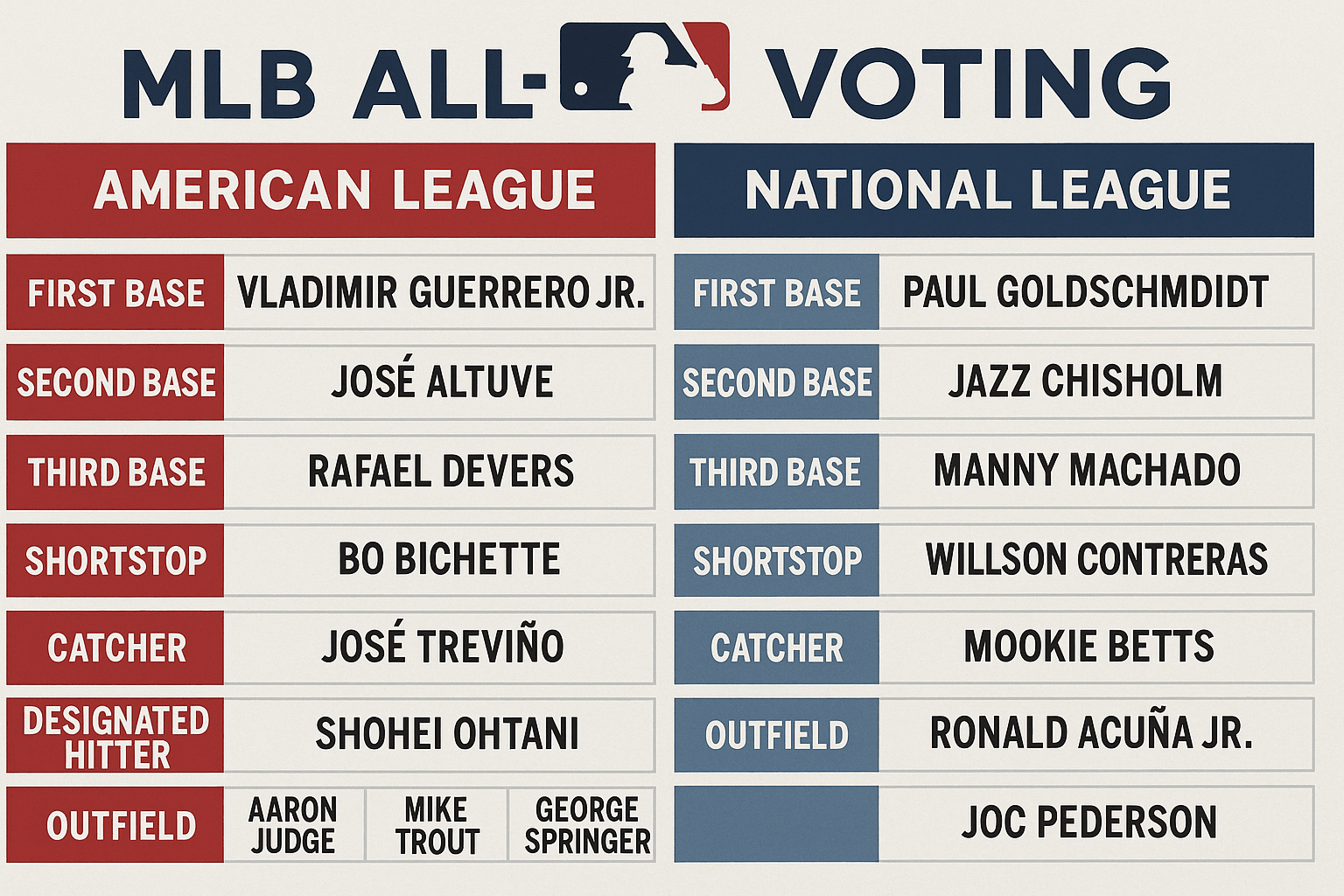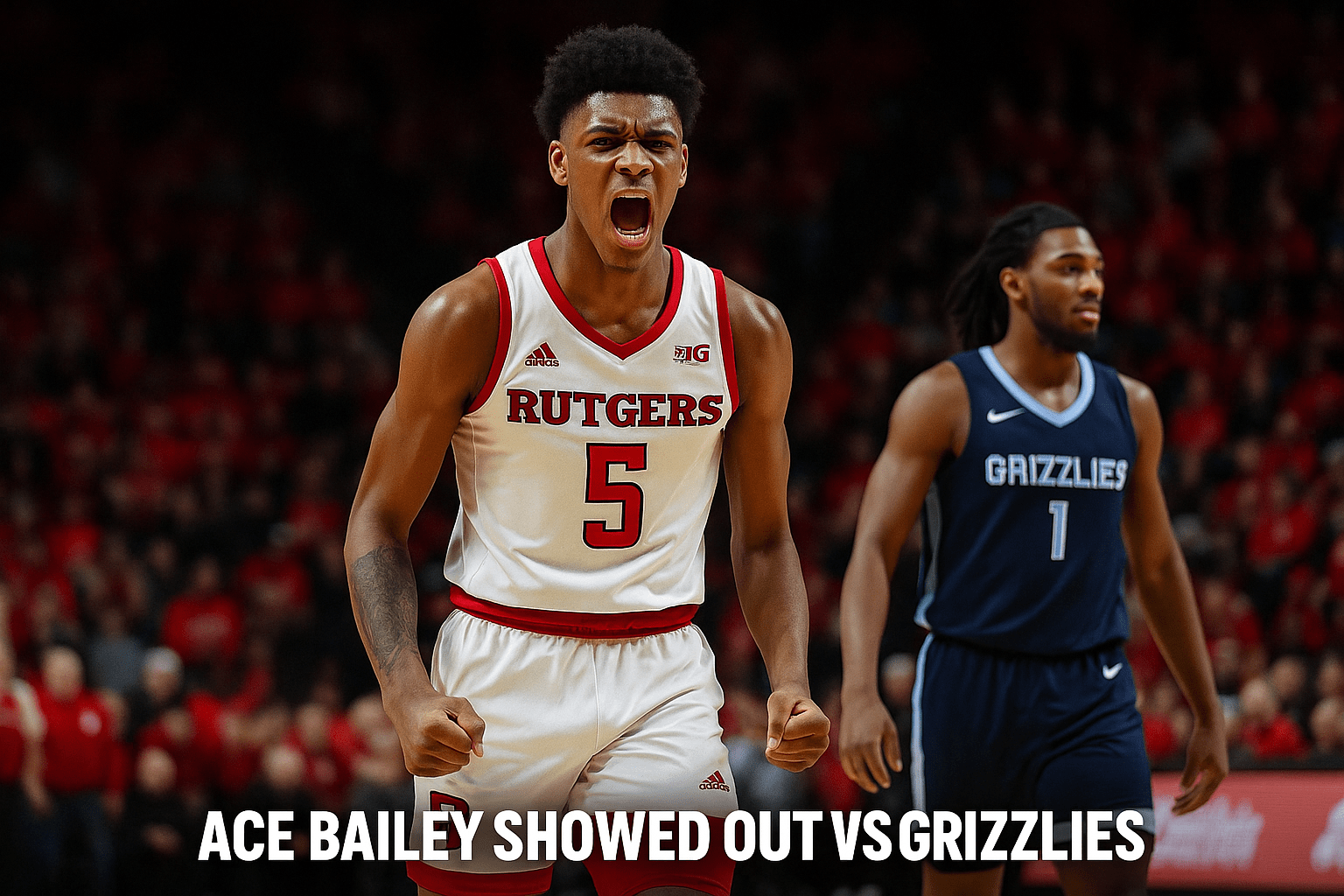There are teams that talk a big game. And then there are teams like the Florida Panthers—who don’t say much but leave their message carved into the ice with every shift. This season, more than any in recent memory, feels like a long, slow drumbeat building toward something that could break wide open. It’s not hype. It’s hunger.
In a league where highlights dominate screens and every bad turnover becomes a Twitter debate, the Panthers have learned how to keep their heads down. To trust the work. The names on the jerseys might not always make headlines, but the NHL score at the final buzzer usually tells a different story. One that’s gritty, disciplined, and, increasingly, dangerous.
They’re not just a playoff team anymore. They’re a problem.
A Team Built from Scar Tissue
Ask anyone who’s been paying attention to the Florida Panthers over the last five years and they’ll tell you the team has matured in public. They didn’t arrive with fireworks or fanfare. They showed up late to the party and kicked the door off its hinges. And maybe that’s why they’ve been easy to overlook—because their success doesn’t always come in viral clips, but in sequences only true fans really catch.
Their style? Relentless forechecking, defensive layers, and a pace that grinds opponents down by the third period. There’s a lot of talk in the NHL about systems—systems that look great on paper. But Florida’s system looks like heart. It looks like blocked shots and second efforts.
This is a roster that remembers getting written off. It remembers slipping just short. And you can feel it in their game—this belief that the next shift matters more than the last one ever did. That belief is why they’ve hung tight in the NHL standings, even when other teams with flashier lines have faltered.
Look at the NHL scores over the past few weeks. They’re not always blowouts. Sometimes it’s a tight 3–2, an overtime finish, a grinder of a 1–0 slugfest. But each time, it’s another piece of proof: this team is real, and they’re not backing down.
Barkov, Bobrovsky, and the Core That Won’t Quit
No one player defines the Florida Panthers, but you can’t talk about this team without talking about Sasha Barkov. He’s not the loudest guy on the ice—but he’s always in the right place. He centers not just his line, but the locker room. He’s evolved into the kind of leader whose value can’t be measured purely in NHL stats. It’s in tone. Timing. Trust.
Then there’s Sergei Bobrovsky. Some seasons, goalies chase form. Bobrovsky this year looks like he’s chasing something more permanent—legacy. His glove has been sharper. His reads, more instinctive. When the Panthers find themselves pinned in their zone late in the third, there’s a calm that spreads, starting in the crease. He’s part brick wall, part eraser.
Together with a cast that includes clutch performers like Matthew Tkachuk and Brandon Montour, the core of this Panthers team is a mix of ice and fire. They don’t just play the game—they absorb it. The pain of a narrow loss. The sting of a blown lead. The thrill of a last-second winner. They’ve felt it all, and they carry it forward.
That’s what makes them dangerous when we start thinking about the NHL playoffs. They’re built for that grind. They’ve lived in that space.
Holding Ground in a Shifting League
Right now, glance at the NHL standings and you’ll see familiar giants. But look a little closer. The Florida Panthers aren’t just staying afloat—they’re hunting. Hovering close to the top of the Atlantic Division, they’ve become a team you don’t want to face on a back-to-back, and one you definitely don’t want to draw in a seven-game series.
Their schedule hasn’t been soft, either. Through tough road trips and hostile barns, the Panthers have played through injuries, illnesses, and the natural fatigue that comes with this stage of the NHL schedule. But they haven’t folded. If anything, they’ve leaned into the discomfort.
That ability to weather pressure without losing structure has been key. They don’t panic. Even when trailing, the game plan doesn’t fall apart. They keep their shape. They cycle. They look for their moment.
Check the recent NHL scores—the one-goal games, the overtime battles. These aren’t flukes. They’re blueprints. Signs that the team understands exactly who they are.
And that’s what separates contenders from hopefuls as the NHL playoff bracket begins to take shape.
Looking Ahead: Playoff Ice and Open Questions
As the season edges closer to spring, the tension begins to shift. It’s no longer about getting wins—it’s about getting the right ones. You want momentum. You want health. You want answers to the questions that don’t show up in post-game interviews.
Can the Panthers stay consistent against teams that shift tempo every period? Can Bobrovsky hold his edge if he’s leaned on every other night? Will Barkov, often stoic, find his playoff gear when everything tightens?
In a few weeks, the NHL playoff bracket will be set. Matchups will be dissected. Favorites will be named. And the Florida Panthers, like always, will probably be left off some of those lists. Quietly disrespected. Slightly underestimated.
That’s fine. That’s how they like it.
But there’s a difference this year. The Panthers aren’t just here to sneak in and maybe pull an upset. They’re here because they belong. The NHL games are faster. The opponents tougher. But so are they.
And when playoff hockey starts, when the gloves drop and the lights get meaner, don’t be surprised if Florida is still standing, still skating, still making life miserable for someone who didn’t take them seriously enough.
NHL News May Not Always Lead with Florida, But the Ice Doesn’t Lie
The NHL news cycle moves fast. Trades, injuries, streaks—headlines fly past like slap shots. But while attention shifts, the Panthers keep stacking wins. And in this league, noise doesn’t win titles—structure does.
No one’s asking Florida to be loud. They’re not here to win the press conference. They’re here to win the next 20 minutes of ice.
That mindset is what puts them in the middle of the NHL playoff conversation. Not because of flash—but because of feel. They know how to close. How to adjust. How to squeeze the life out of opponents shift by shift.
And in the Stanley Cup race, that matters more than anything.




